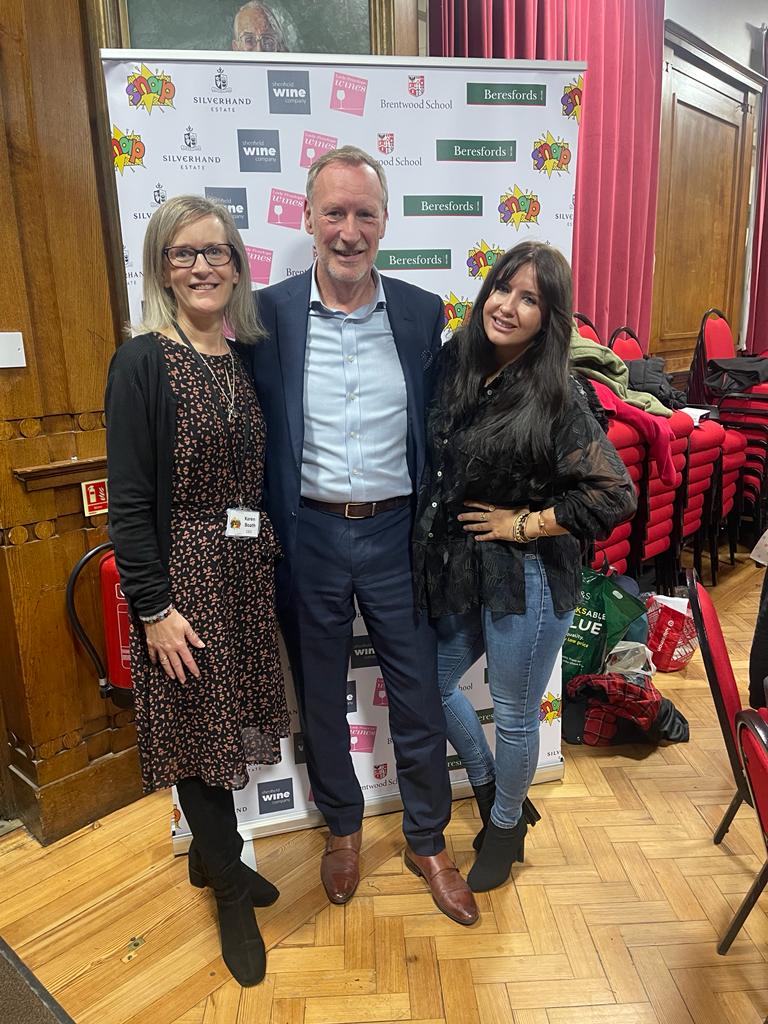
Meeting Ito Yoshikazu Ito, the founder of a consultation farm and a growing marketing economist. Before beginning our conversation with Yoshikazu, a brief introduction.
Yoshikazu has assisted companies globally from small medium to large corporations. He has been featured on multiple media platforms such as Yahoo, International Business Times and so forth. He is now aiming to play his role in uplifting the world’s prevailing economic climate.
It’s definitely an honour conversing with Yoshikazu today. We would be hearing his thoughts over the present economic market and learning more about it.
Thank you so much for your time! Could you please tell us about your upcoming book? Why did you decide to publish it?
Well, the sole reason behind the deliverance of this book is to help people overcome their economic problems, especially ones which have arisen during the global pandemic. We want to create a company that would continue to create value, no matter how hard the times get.
That sounds interesting! How do you perceive the world around you? What does your “ideal” world look like?
A world without language and border barriers is what defines the ideal world for me. Foremost, I want people to pursue their goals and act in a way that helps them achieve their ultimate mission.
According to macroeconomics, “human capital,” “capital equipment,” and “productivity is the long term source for power. Given this context, I think the only key to growth is the improvement in one’s overall productivity.
In a super-aged society such as Japan, leaps in human and capital resources can never be anticipated; therefore, individuals should try being maximum productive in their mission. I think they should endeavour for it whole-heartedly, rather than giving up on it. Glancing on the history of Japan, it was the Edo period where everyone, irrespective of their ages and gender, was making maximum contributions to their society.
Considering the prevailing political relationships between the UK and Japan, businesses can be freely conducted between the two countries. I would like to see more British entrepreneurs and musicians coming to Japan, building ties with it and helping our economic areas to boost. I firmly believe that it’s time we start viewing our society from a more bird’s eye view, just like
looking at Earth from the Moon, rather than being confined towards a national perspective.
Perhaps, being an island nation, Japan is more prone to this ideology. I strongly believe that if we limited our business to a national level, it wouldn’t be a nice idea. Rather, broadening it on a global scale can turn out to be significantly helpful for our nation.
Tell us more about this.
As a matter of fact, the UK has pivotal information resources that can be an excellent asset for Japanese industries. However, it’s the concept of national borders that is hampering the flow of such resources, resulting in inefficient utilization of these valuable assets. I think global access to such powerful resources is the only way to ensure sound evolutionary growth throughout the planet.
However, removing language barriers is significant to allow the flow of such information tools. I genuinely hope that this does happen, and the world that has no more national or language borders. Indeed, it would be a huge milestone for all of us as the world’s best knowledge and skills, which were primarily restricted to an isolated nation, can then be accessed by people all across the globe.
It is so impressive to hear! What initiatives could be taken by British companies to achieve a long survival rate, such as successful Japanese companies? What could you do to accomplish it too?
British companies, as the world-renowned HSBC Holdings and Barclays, have more profound and stronger roots in direct finance than Japanese and other European countries. Such organizations also permit corporate governance with third-party checks and balances.
Such corporate governance, which is based on direct financing, can be hugely advantageous. However, the short term results which are required for shareholder dividends can be a drawback too. Some studies have shown that the dividend payout ratio in Japan is within a range of 30%, while in the UK extends up to 70%. This implies that UK managers are more interested in their
shareholders compared to Japanese ones.
Consequently, a strategy that has been targeted towards immediate sales should be wisely planned in order to pay dividends to their shareholders. The key to the prosperity of list marketing lies in building long-term healthy relationships with your customers, developing a large number of raving fans and laying firm foundations for long-term sales.
Being a sole proprietor of your small-scaled business comes with many advantages. Since you are a shareholder, you won’t be subjected to corporate governance of direct finance, which would significantly lower your monetary expenses.
I would like to see more and more individual organizations and small-scale business owners exploiting the advantages that come along with list marketing. It would help create an environment where proprietors can guarantee their success over the long haul, rather than being influenced by the sort-term sales of direct financing.
Indeed, the critical ingredient to ensure global business prosperity in the present era is by using the list marketing strategy efficiently as it would create raving fans all across the world.
That’s such useful information! Thank you for sharing your valuable insights with us today. It was good learning about your perspectives, and I genuinely wish nothing but the best for your future ventures.





































